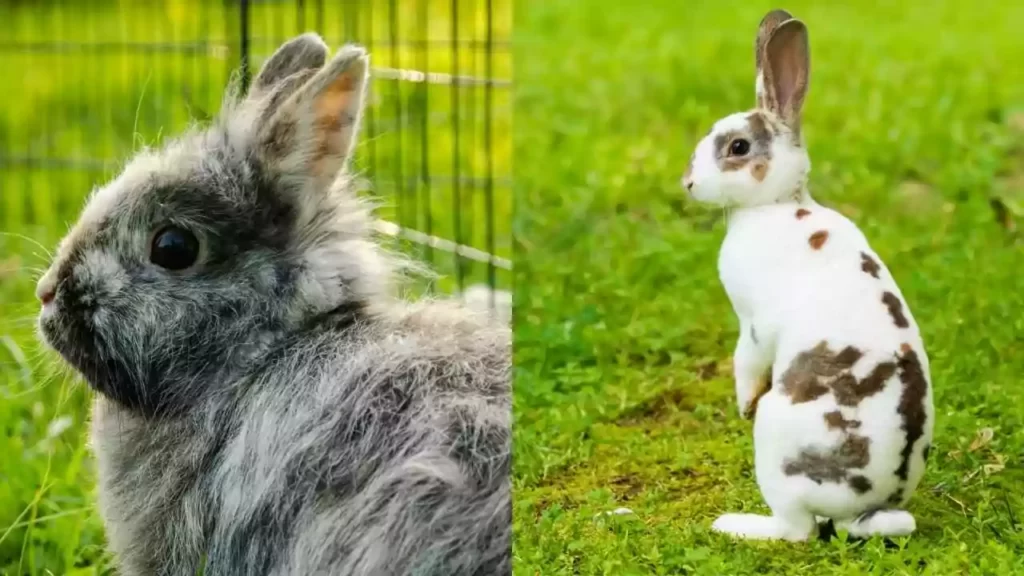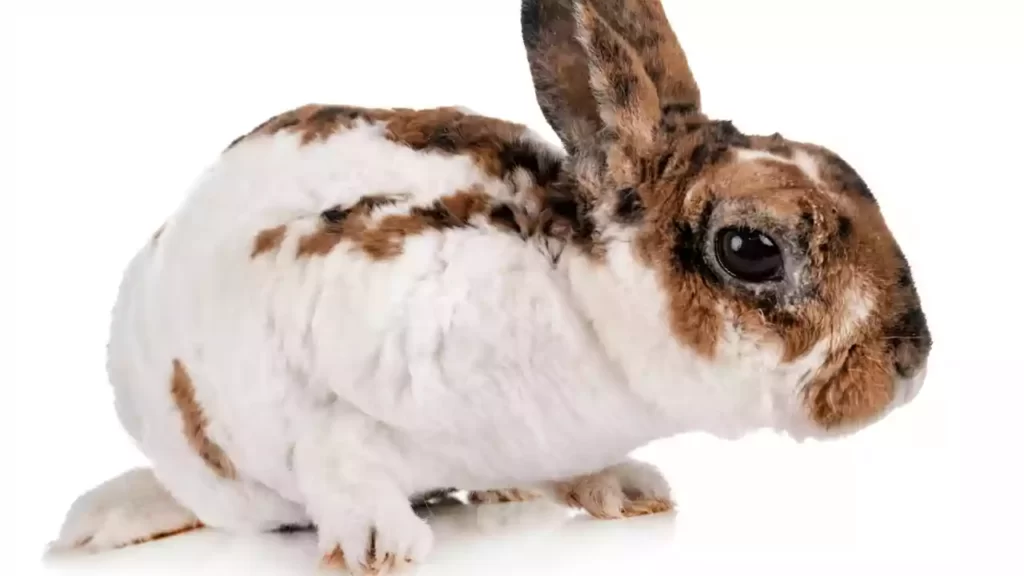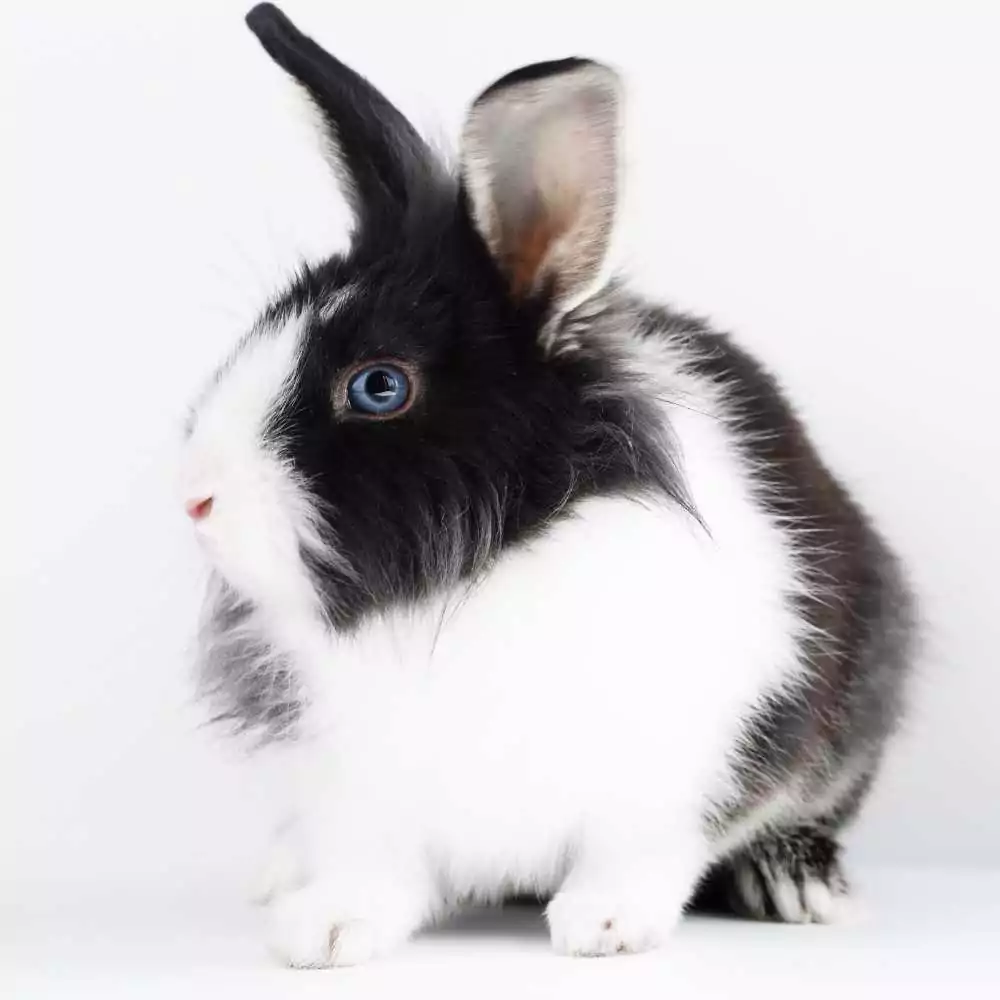Rabbits are one of the most desired animals and are often sought as pets. They are considered easy to look after, docile, and extremely lovable pets.
15 Common Rabbit Mistakes to Avoid!

Being a newbie bunny owner with little to no experience, mistakes are bound to happen.
Here are some common mistakes first-time rabbit owners should avoid at all costs.
1. Imbalanced diet
The first common mistake a first-time rabbit owner makes is giving an excessive amount of fruits and sickly sweet foods as treats.
The average amount of treats a medium-sized rabbit can have is two tablespoons each day. Avoid giving store-bought processed treats and instead switch it up with nuts and vegetables.
2. Cleaning your rabbit
Rabbits maintain their hygiene very well. They do not need to be cleaned on a regular basis or given baths. Bunnies are very sensitive, and bathing can cause severe issues such as shock, body tears, and panic attacks.
If they appear to be dirty and are not making an effort to clean themselves, then take this as a sign to see a vet.
Other than that, there are several other ways to clean rabbits if they have been in the mud, like dry baths and cleaning them with a cloth.
3. Frequent and excessive snuggles
Bunnies don’t like to snuggle, cuddle, or be held up in any form. They absolutely hate it. This is because, despite being domesticated, rabbits are prey and prefer to keep their defensive abilities free.
Never pick them up to show your affection; instead, sit down till you reach their height and then try to bond and interact with them.
4. Inadequate vet visits
Like humans, pets should also have regular check-ups to detect any underlying problems and to ensure that your bunny is healthy and happy.
The mistake most pet owners make is that they take their bunny to a normal veterinarian meant for dogs and cats.
Rabbits require a specialized doctor who is familiar with this breed, its diseases, hygiene, and medicines that are suitable for the pet.
5. Incorrect nutrients
An improper diet that includes low fiber, high sugar, and little water. This diet is extremely harmful to rabbits, as they have a delicate digestive system.
A diet with high fibers such as green leafy vegetables, an unlimited supply of clean water, an adequate amount of pellets, and fresh hay, fruits, vegetables, and dried nuts should be given every once in a while as a treat.
6. Inappropriate enclosure
Most of the litter boxes found at pet shops are not ideal for rabbits. An ideal cage for rabbits is where they let can move and hop two to three hops around easily. A small cage will make the rabbi feel uneasy and unhappy.
7. Neglecting spaying and neutering
This topic is very controversial, but even if spaying or neutering seems unorthodox to some, it is crucial for female rabbits as they are more prone to developing reproductive cancer.
Once the rabbit reaches maturity, it will start showing aggression and will attack more often. To maintain the rabbit’s health and to tone down the aggression, spaying is necessary.
8. Keeping them as an outdoor pet
There was a time when rabbits were kept as outdoor pets. Recent studies show that keeping rabbits outdoors is not a good idea as it affects their health.
Rabbits are prey animals, and they are always anxious about their predators. Besides, extreme temperatures, deadly parasites, and sudden heart attacks are some of the reasons why setting up indoor spaces for rabbits is appropriate.
9. Isolation and lack of interaction
Rabbits don’t like to live alone. They are social animals that require frequent interactions.
This is the most severe mistake first-time rabbit owners make is that they buy a lone rabbit and leave it in a cage alone for long hours. This causes deterioration in health and depression in the bunny.
10. Avoiding the rabbit
Rabbits love to bond and interact with their owners. They take time to be comfortable, and once they are satisfied, they will want your constant attention.
Make sure to pet them while sitting on their level. Strengthen your bonding by giving occasional treats and spending time with them.
11. Not securing the house
Not all rabbits are shy with a calm temperament; some of them are mischievous and excellent troublemakers. If you end up getting the latter one, get ready for bitten wires, broken vases, chewed furniture, and much more, that is unless you bunny-proofed the house and kept a proper eye on your little mischief-maker.
12. Giving Rabbits in the hands of young children
Rabbits are absolutely not ideal for young children. If you think giving the bunny to young hands will provide them with a sense of responsibility, rabbits are not a good choice then.
They require attention, a balanced diet, and vet visits. You can not trust a toddler to keep all of this in check.
As the rabbits reach maturity, they become aggressive and can attack children; on the other hand, children can also cause serious damage to the bunnies with wrong or rough holding.
13. Keeping them caged
Do not keep your rabbit caged. Let them roam around under supervision, or else they will get bored and sad.
14. Not grooming your bunny
Not all rabbits, but some certain breeds with long hair require regular grooming sessions as neglecting it will cause infections, and fur can grow over the eyes. The nails can overgrow and hurt their paws, so it should also be followed.
15. Not providing unlimited hay
Hay is very important for rabbits, and they need it throughout the day. To help with digestion, hay plays a significant role. Bunny owners should supply fresh hay 24/7.
Reference & Further Readings:
- https://www.rspca.org.uk/adviceandwelfare/pets/rabbits
- https://www.bluecross.org.uk/advice/rabbit/caring-for-your-rabbit
- https://www.rspca.org.au/blog/2019/how-take-care-your-pet-rabbits
SmallPetsX.Com does not provide veterinary advice. Our aim to help small pet owners understand their pets a little better so that they can provide their pets with the life they deserve. All content is therefore for informational purposes only. If you're concerned about the health of your pet you should seek medical advice from a vet.




